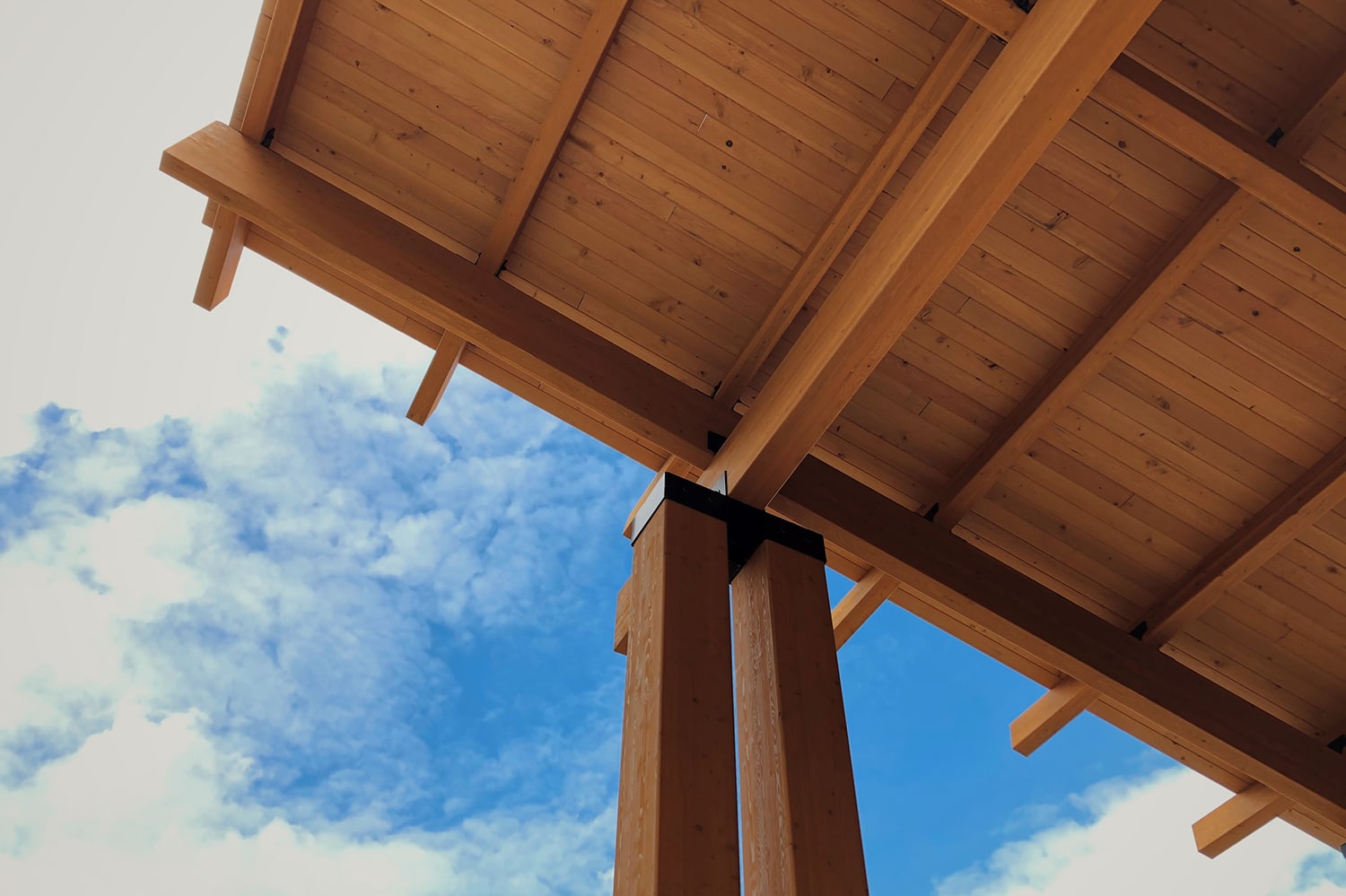 Something that hotels and resorts have been embracing over the last few years is the notion that travelers are not their only source of revenue. Locals are, as well.
Something that hotels and resorts have been embracing over the last few years is the notion that travelers are not their only source of revenue. Locals are, as well.
Whether it’s the happening restaurant that’s hopping with locals or the extension of “locals” discounts for rooms and spa services – hotels have done a great job of tapping into the local market. Still others have supported local makers and artisans, hiring them to work on their properties, holding pop-ups in their stores and lobbies, and featuring their products in their retail stores.
The strategy was, of course, synergistic: hotels – particularly boutique hotels – benefited from their local-“ness” to stand out from the big chains.
During the COVID pandemic, many hotels – even as they faced their own existential crises – stepped up admirably to support the community, providing shelter for first responders, essential workers, the homeless, and the quarantined, and by handing out food to the needy.
The New Local Strategy
We’re now in a radically changed situation, particularly for urban city-center hotels.
Full vaccination is likely to be at least 18 months away. And most worryingly for hoteliers, the crash in the profitable business travel segment is not just a COVID phenomenon – even in pre-COVID times, companies were beginning to cut back on their travel. Business travel will come back, but it’s likely to be a shadow of its former self for years to come.
So most of the hotels that have remained open have turned to local marketing. But post the acute phase of COVID (which we cautiously and hopefully believe we’re in), we think this could go further: hotels need a more robust local strategy that’s good for revenues, for their teams, their marketing, and their long-term resilience.
Many hotels have already started this process to bring in revenue during the travel “pause”. They’ve doubled down on mini-breaks for locals and opened their hotels up to local workers who can’t get into their offices but desperately need a break from working from home. And, in addition to offering take out meals, they’ve even acted as mini groceries, selling staples to locals.
Given the length of the downturn, however, they will need to transition from a hospitality destination (even a local one) to a hub for local life. In so doing, they could generate important supplemental income and build in more resilience against these shocks.
The key: to find new ways to leverage their three most fundamental, but important assets: real estate, service, and brand.
Hotel Service, Local Edition
These locally-oriented services–all revenue-generating–could include:
- Private gym memberships (specially-outfitted guest rooms made for 1-2 people and scrupulously sanitized between uses)
- Concierge and business support services for a monthly membership fee, thereby putting concierges and back-office teams to work
- Offering locals and regionals a view of the city they may not have seen before, via “insider” tours led by concierges or local tour providers
- Subscription services for restaurant meal kits/take out
- Special meeting setups for teams who need to work together on sprints or who need to produce more complex, professional-looking (aka no cats walking across the screen) webinars, thus putting AV staff back to work
- Taking advantage of a major but potentially huge trend: remote schooling for kids. This could take the form of learning and meet-up hubs for small groups of kids (so-called “pods”) whose schools allow (or mandate) distance learning with full-service food, AV/tech support, and concierge services to organize field trips to places they could not have gotten into before
- Housekeeping services for local apartment complexes and homes taking advantage of the advanced sanitation measures that have been instituted. (Personal anecdote: I once had a cleaning lady who also worked at a local Hyatt: it was a special thrill coming home when she’d been there: the pillows were arranged just so – and she even left me a chocolate on my meticulously-made bed.)
Becoming Community
Integrating a hospitality operation into a community means much more than offers for locals…it’s about becoming an integral part of the community ecosystem and urban fabric, and even taking a leadership role in it.
At a time in which local services have shut down or been curtailed, theatres closed, and galleries and museums shuttered (many for good), the offer of affordable space could be a lifeline to the urban non-profits and arts organizations. This is good business: thriving cultural institutions make for compelling destinations – and give young urbanites a reason to stay in city centers.
These could also provide exclusive experiences for hotel guests – an amenity, a perk, and a chance to be a part of something bigger.
Taking advantage of less-used hotel rooms, meeting/event spaces, and even digital reach:
- Memberships for talks, book readings, and movie nights (including virtual as long as necessary)–not just for best-selling authors but spotlighting local authors, filmmakers, thinkers, community shapers and leaders
- Space (discounted) for pop-ups (particularly for local retailers who’ve lost their spaces)
- Pop-in studios for local craftspeople
- Using outdoor spaces for performances and rehearsals, art shows
- Support local and regional causes and fundraisers through space, awareness building, and services. Philanthropy/impact is of increasing importance to Millennials and GenZ but to make an impression, the impact needs to be significant and brand-aligned. It doesn’t have to be a generic, national non-profit: it could be in support of a city as a whole – and that would appeal to local supporters and to national ones who love the city (even if they’ve never even been there. Remember the I LOVE NY campaign?)
- Hotels could even invite members of the (likely struggling) local restaurant industry to become guest chefs, and hold takeovers and pop-ups. This makes for some exciting cross-pollination of talents in addition to the feel-good factor.
Going Further
Could better-capitalized hotels buy restaurants to keep them humming, while also expanding their revenue and brand opportunities? Or could they become (in the short or long term) more limited-service hotels, shutter their F&B operations, but turn their hotel kitchens into ghost kitchens supporting local chefs and restaurateurs who’ve pivoted to a delivery model? (A few already have already started to dabble in this and we’re watching where this goes.)
Hoteliers are a wildly creative, entrepreneurial, and optimistic tribe. We look forward to seeing what they do as they redefine themselves for a new age and help rebuild the communities they’re a part of and which they serve.
Need more ideas? Just call, we’re happy to brainstorm and to help.








 Job Title Titlename
Job Title Titlename